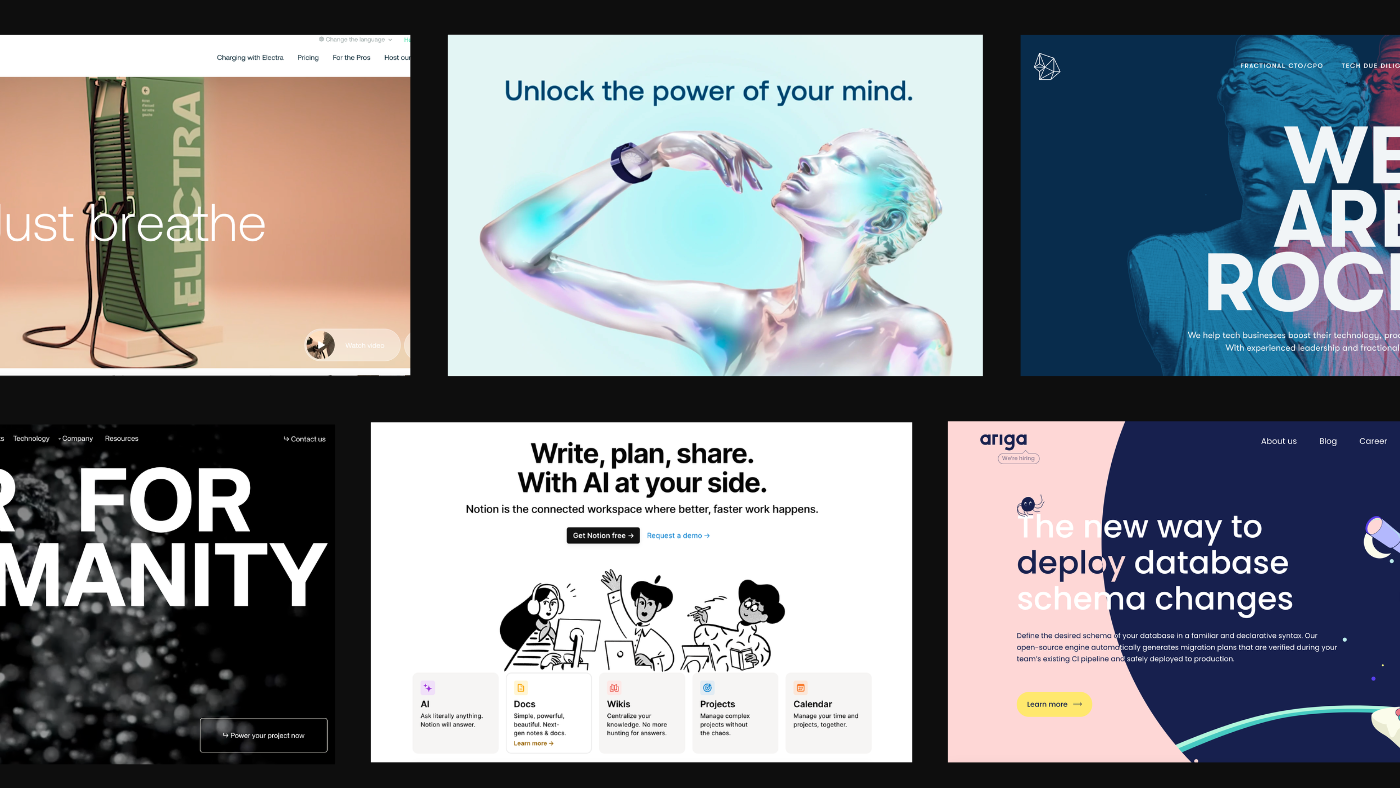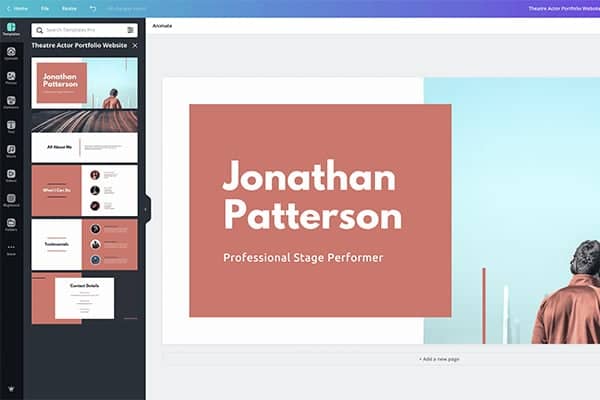How Website Design in copyright Can Improve Your Website’s User Experience
How Website Design in copyright Can Improve Your Website’s User Experience
Blog Article
Achieve Online Success With User-Friendly Web Site Layout
In the significantly competitive digital landscape, the layout of a web site can be a pivotal element in determining a service's success. Straightforward layout not only boosts the general customer experience however likewise influences essential metrics such as conversion, involvement, and retention rates.
Relevance of User Experience
Customer experience (UX) plays a crucial duty in the success of an internet site, as it directly affects customer fulfillment and interaction. A positive UX makes sure that site visitors can browse the site easily, accessibility details promptly, and total desired actions, such as authorizing or making a purchase up for a newsletter, without stress.
In a digital landscape where competitors is intense, a site that prioritizes UX can significantly improve brand name loyalty and retention. Users are more probable to go back to a website that offers a smooth experience, producing a cycle of repeat visits and boosted client life time value. Efficient UX layout can lower bounce rates, as customers are less likely to leave a site that fulfills their needs effectively.
In addition, search engines increasingly think about customer experience elements when ranking web sites. Hence, investing in individual experience is essential for achieving long-lasting success in the digital industry.
Trick Concepts of User-Friendly Layout
An effective straightforward design pivots on several essential principles that boost use and access. Primarily is simpleness; a clutter-free interface makes it possible for customers to navigate effortlessly, lowering cognitive tons. This principle emphasizes the significance of succinct and clear web content, enabling individuals to find info quickly without unnecessary distractions.
Uniformity is one more vital element. Regular use fonts, shades, and formats cultivates familiarity and builds trust. Users must really feel comfortable as they check out different sections of the site, understanding that comparable aspects indicate associated functionalities.
Efficient typography also plays a crucial role in easy to use design. Legible fonts, appropriate sizes, and adequate spacing ensure that content is quickly legible across numerous devices. Integrating intuitive aesthetic hierarchies assists users recognize crucial details and activities at a glimpse.

Crucial Functions for Navigation
Efficient navigating is critical for any type of user-friendly site, as it straight influences the general customer experience. A well-structured navigating system allows users to situate information rapidly and successfully, decreasing stress and boosting involvement.
One crucial feature is a intuitive and clear menu that categorizes content practically - website design copyright. This menu should be easily accessible from every web page, usually positioned on top or on the side of the web site. Furthermore, integrating breadcrumb navigation assists individuals recognize their area within the website power structure and makes it easier to backtrack
Search functionality is another vital element, allowing individuals to discover specific web content without sifting through numerous web pages. This function must be plainly shown and receptive to variations in input.
Moreover, a mobile-responsive layout makes certain that navigation remains seamless throughout gadgets. As mobile usage continues to climb, food top article selections must adapt to different display sizes without compromising capability.
Finally, visual cues such as highlighting the energetic page and making use of hover impacts can enhance customer communication. By incorporating these vital features, internet site developers can produce a navigational experience that is not just easy to use but additionally motivates exploration and retention.
Access Considerations
Access considerations are essential to developing an easy to use web site that satisfies all people, despite their disabilities or capabilities (website design copyright). Internet sites should be created to guarantee that customers with visual, auditory, cognitive, or electric motor impairments can involve with material effectively. This starts with adherence to the Web Material Accessibility Guidelines (WCAG), which give a framework for making electronic web content much more available
Key methods consist of the usage of descriptive different text for pictures, guaranteeing color comparison ratios meet ease of access criteria, and providing subtitles for multimedia components. Furthermore, the navigating should be intuitive, enabling users to tab with web links and interactive aspects conveniently. Carrying out key-board navigating is essential for those not able to use a computer mouse.
Moreover, clear and succinct language improves understanding for customers with cognitive restrictions. Types ought to be uncomplicated, with tags and directions that are understandable. Routine availability testing, including customer feedback from people with handicaps, can aid improve and recognize barriers use.
Gauging Design Success

Individual comments surveys and usability testing are critical in assessing the performance of design components. These techniques allow designers to collect straight input from individuals, identifying discomfort points and locations for enhancement. Furthermore, tracking heatmaps can reveal where customers click most regularly, aiding to notify design adjustments and content prioritization.
Analytics devices play a vital duty in measuring layout success by providing data-driven insights. For instance, you could try these out Google Analytics can track user actions, exposing patterns that indicate whether the layout is assisting reference in or hindering the customer trip. Eventually, an effective internet site design not just fulfills organization objectives yet also promotes a seamless and enjoyable user experience, driving interaction and loyalty over time. Consistently taking another look at these metrics guarantees that the website progresses in placement with user demands and market finest techniques.
Verdict
Focusing on customer experience via simplicity, intuitive navigating, and efficient feedback mechanisms not just enhances customer engagement and complete satisfaction but additionally fosters brand name loyalty. Integrating essential navigating features and accessibility considerations additionally ensures that all customers can efficiently interact with the website.
Websites should be created to guarantee that customers with visual, auditory, cognitive, or motor disabilities can engage with material successfully.Measuring design success entails assessing just how efficiently a website satisfies its desired goals while giving a positive individual experience. Google Analytics can track customer actions, exposing patterns that show whether the layout is hindering the individual or promoting journey. Inevitably, a successful web site layout not only meets service purposes but likewise promotes a seamless and delightful user experience, driving involvement and loyalty over time. Prioritizing individual experience via simpleness, intuitive navigating, and reliable responses devices not only boosts user engagement and complete satisfaction however likewise fosters brand loyalty.
Report this page